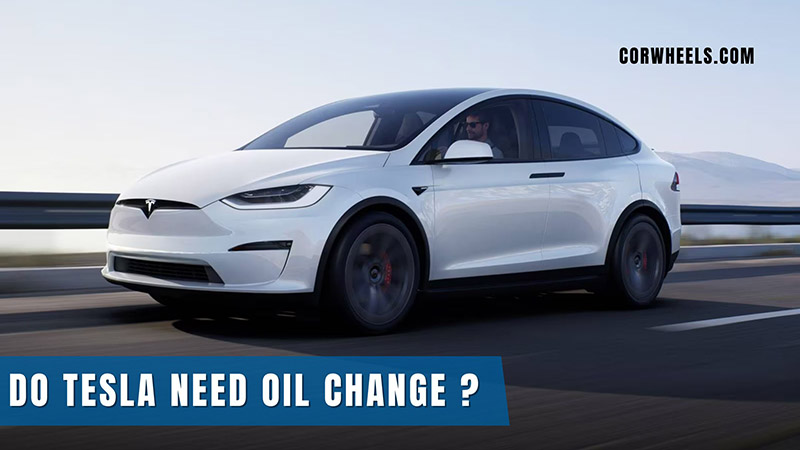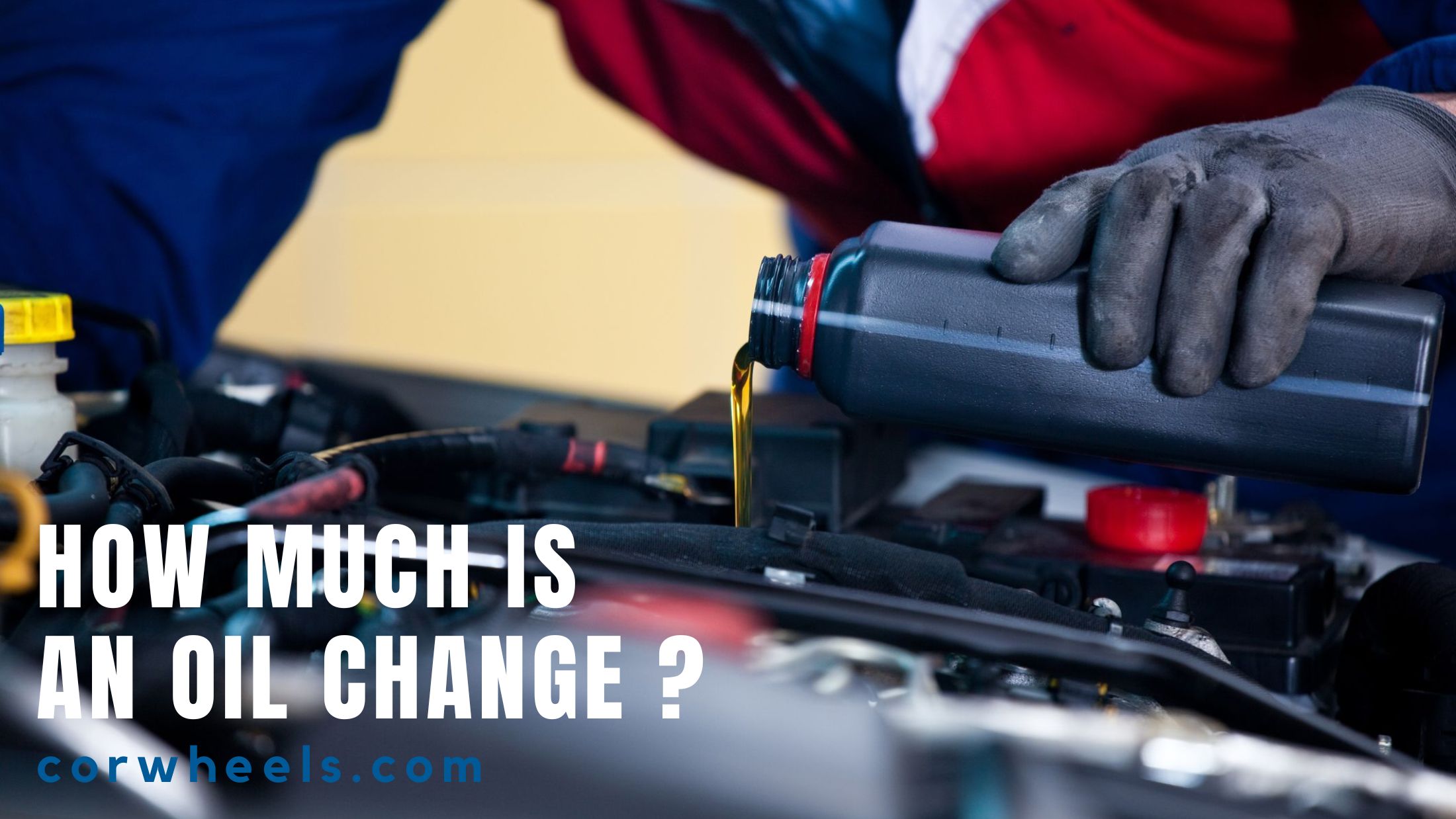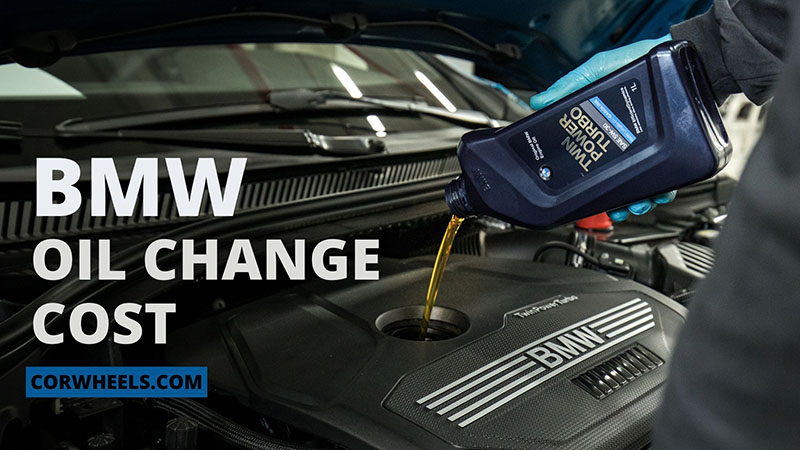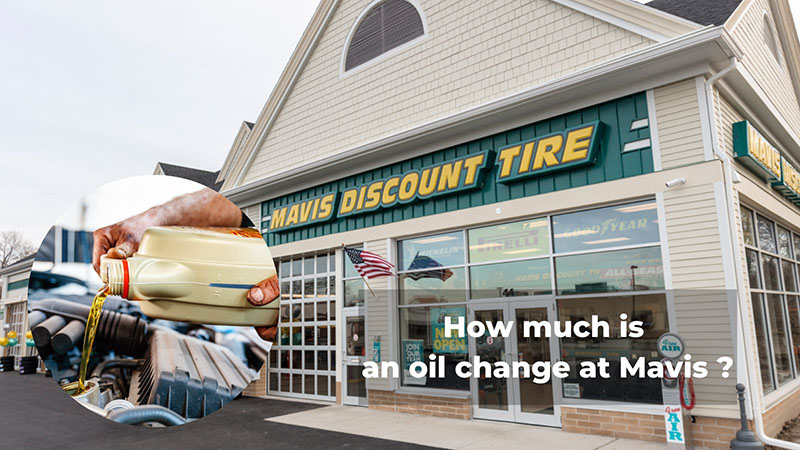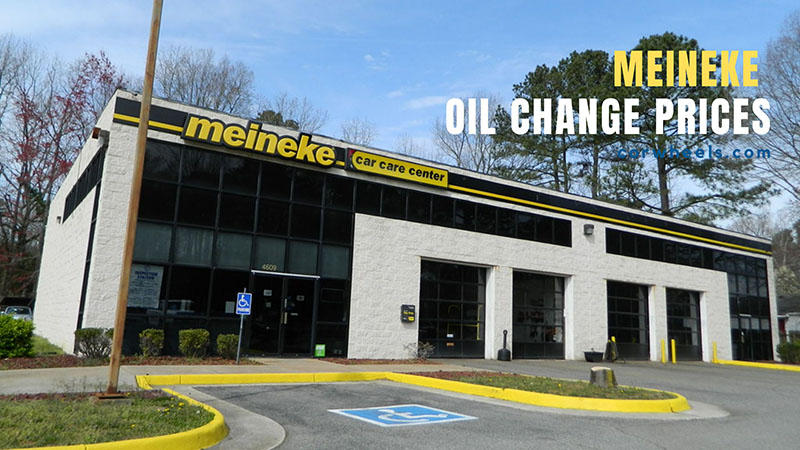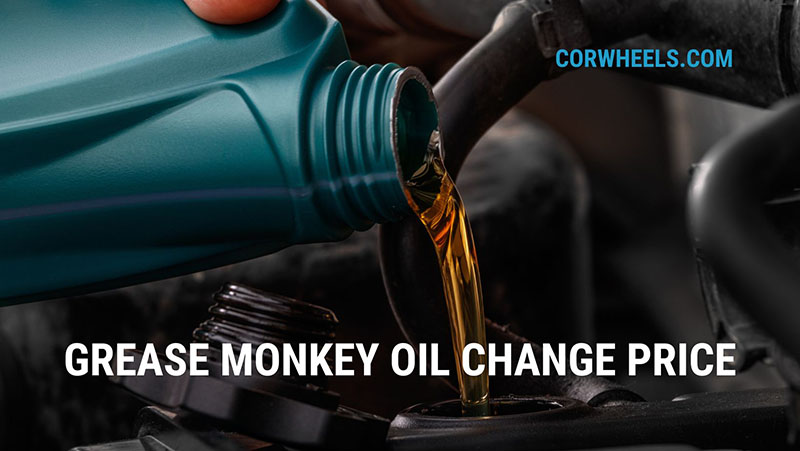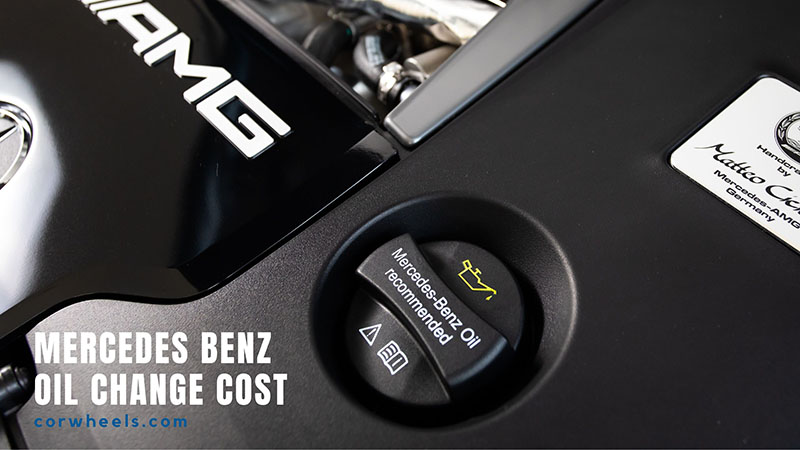In an era when people started to go green, electric cars, especially Teslas, became popular. The innovative construction has significantly benefited our planet, but they are still new for some drivers, as the maintenance completely differs from traditional engines.
For example, does Tesla have oil changes? It is necessary to understand the requirements to maintain the best performance of your EV. Hence, do not skip our guide below.
In this article:
Does A Tesla Need An Oil Change?
All Tesla models don’t need engine oil changes as they are electric cars with no combustion engine inside. So they don’t need lubricating oil to reduce friction and cool the components.
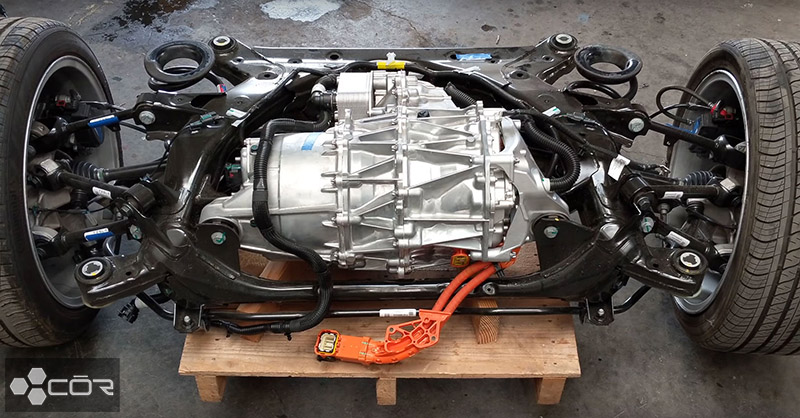
On gas-powered models, after a period of use, the combustion process produces smoke and decomposes the oil, which can cause engine damage. Hence, periodic oil changes are necessary to maintain smooth operation.
Most electric cars get power from electric motors underneath the hood, and hence not using gas. They do not have as many powerful, moving parts as conventional engines, so they are free from oil changes.
Do Teslas Use Oil?
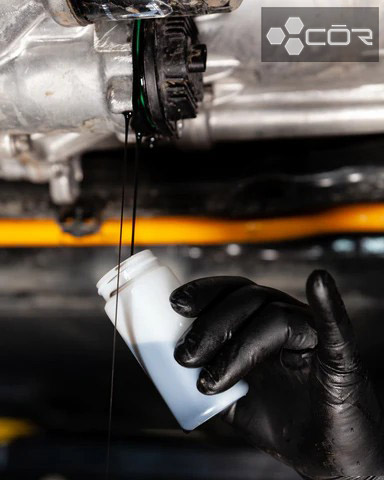
Yes, but not for the engine. Other metal parts in the gearbox need lubrication for smooth operation. But you don’t need to change this oil very often, just every 100,000 miles.
Some EV owners misunderstand this and ignore the necessary care for their cars.
One thing is certain: Teslas need oil for moving parts or specific areas of the vehicle’s interior. The purpose of these additives is the same as those for standard vehicles – to limit friction and cooling. For example, AC induction propulsion motors belong to drive units that require oil to ensure smooth operation.
Additionally, the Tesla X and S models also have an oil filter in the transmission that distributes oil to the moving parts inside. The manufacturer has added this feature to the latest models to prolong their life and improve their performance.
This enhancement also responds to some rare baldness reported by users – metal particles accumulating on the transmission.
An experiment conducted by Munro & Associates showed that these cars use Pentosin ATF 9 synthetic oil, and the manufacturer marks the oil filter as 1095038-00-A part. The results indicated that the lubricants did not degrade, possibly because they did not undergo internal combustion.
Therefore, they did not need to be replaced. Tesla once recommended oil changes at some ownership milestones, such as years 1, 5, and 9. However, they removed this tip from the Customer Support site as it is a waste of oil still in good condition.
However, as mentioned, there is no such permanent thing, so we still recommend changing it after 100,000 miles.
What Fluids Do Teslas Use?
Brake Fluid
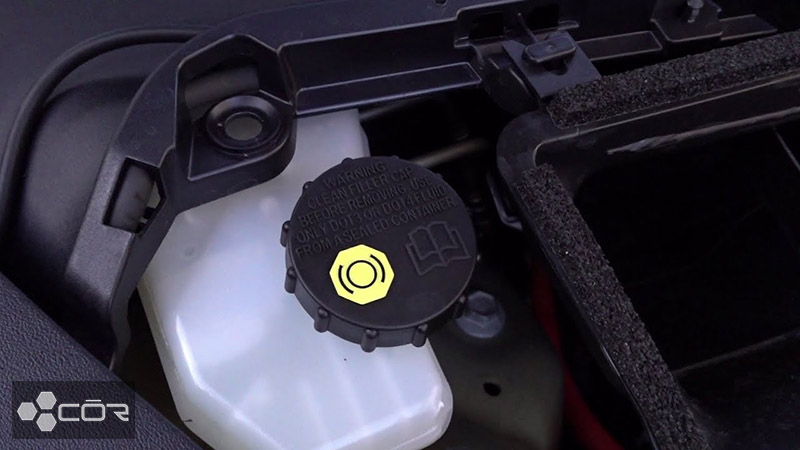
One thing in common between electric and conventional vehicles is that both hydraulic brakes use brake fluid. However, Tesla’s regenerative braking system allows its lubricant to last longer due to less wear and tear.
Even so, the manufacturer still recommends that owners check the quality of the oil every two years to ensure it is still good. Although the system is sealed, brake fluid may absorb water vapor due to damage to the cap or seals.
This unwanted buildup also takes place through microscopic holes in the rubber hose. Whatever the cause, it damages metal parts and slows down the brake system’s response.
Transmission Fluid
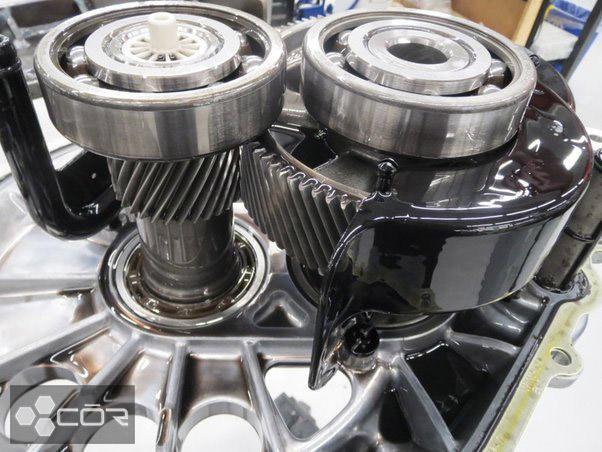
As noted above, Tesla models feature fluid in the transmission. It rarely drops in quality, but feel free to check and replace it if you are concerned with safety issues.
Windshield Washer Fluid
Another similarity with internal combustion cars is that Tesla requires windshield washer fluid to clear visibility. Though this fluid does not affect engine operation, it makes sense when you often drive in extreme conditions.
In addition to cleaning properties, some options come with antifreeze properties for freezing temperatures.
On the bright side, adding windshield washer fluid is easy at home. You only pay a small cost for materials and take some simple steps. Just open the hood, look for the reservoir at the maintenance panel, and fill it up.
Coolant
The manufacturer often uses coolant in the battery to manage the temperature. It absorbs excess heat and maintains a favorable environment in the entire system.
Most Tesla models apply G48 coolant from ethylene glycol and natural corrosion inhibitors. This fluid requires little maintenance, usually every few years.
Grease
It is not exactly a liquid but worth mentioning for its benefits. Like the IECs, Teslas use oil as a lubricant in the handles, windshield wipers, hinges, latches, and even the drive axle.
Recommended Maintenance For Tesla
Air Filter And Cabin Filter Change
Teslas feature air filters that prevent pollen, road dust, and other pollutants from entering the vents. It ensures that the interior space is safe and clean and keeps you from respiratory illnesses.
Depending on your vehicle, the manufacturer recommends different maintenance schedules. Model 3 and Model Y require changing the cabin air filter every 3 years. Tesla recommends every two years for Model S or X launched between 2012 and 2020, while the newest models are good to go for an extra year.
For some vehicles with a high-efficiency air filter (HEPA) installed, replace it every three years. This part deals with more particles, so apply shorter intervals if you drive frequently.
Tire Rotation, Balance, And Wheel Alignment
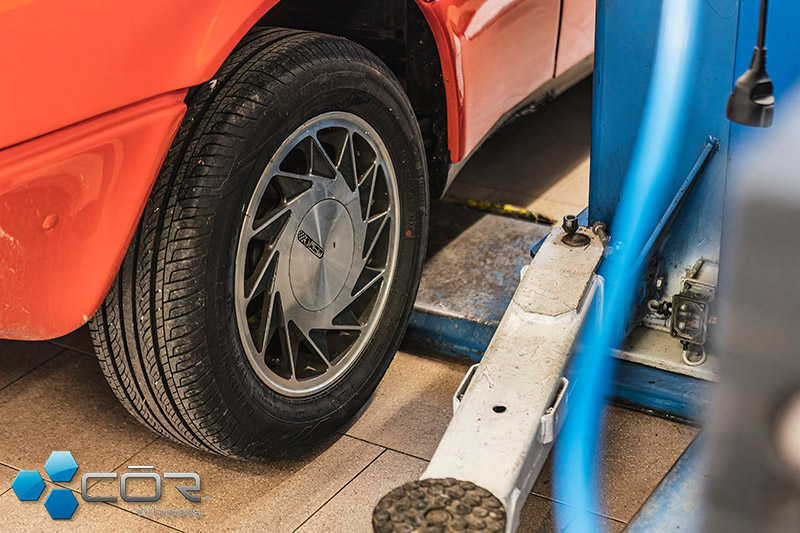
Electric cars still apply the same tire safety principles as ICE vehicles. For example, you should rotate your tires if you notice a more than 2/32 inches tread depth. This service is also required every 6,250 miles driven, whichever comes first.
The manufacturer also advises gentle driving, contributing to the tire’s life. In addition, it is best to perform tire balancing and wheel alignment according to the manual to maintain handling and comfort.
Air Conditioning Service
Tesla mechanics consider air conditioning upkeep to improve efficiency and longevity. Change your A/C desiccant bag according to the schedule specified for your car below:
- Model 3: every six years
- Model Y: every four years
- Model S and X: every 3 years on average. However, it is best to service the A/C desiccant bag every 2 years for Model S and every 4 years for Model X released between 2012 – 2020.
Winter Care
If your area often experiences a severe winter, take extra precautions for your car. Beginners should upgrade their tires to specialized winter options for better grip. Cleaning and adding lubricant to the brake calipers every 12,500 miles or 12 months is necessary to remove rust or freezing.
FAQs
Does Tesla Need Annual Maintenance?
Absolutely, NO. You’d better check your owner’s manual to catch up with the proper maintenance schedule for your car.
Do I Have To Take My Car To A Tesla Service Center?
Yes. Book an appointment through the app and take your vehicle to an official service center if you need service. Non-Tesla repair shops may void your warranty.
But you should first take advantage of over-the-air software updates and remote diagnostics from Tesla technicians to discuss your current problems and solutions. Sometimes, you can solve the technical issue on your own without visiting a mechanic.
Do Teslas Come With A Warranty?
YES. Your new car is covered under the New Vehicle Limited Warranty, including three policies for basic functions, supplemental restraint system, battery, and drive unit.
Conclusion
Though it does not require a regular oil change, spark plug replacement, or emission inspection, that does not mean you should ignore your Tesla and hope it stays in good working function.
When you receive your new vehicle, refer to the manual and note important maintenance requirements. Only the right attention and care can keep your electric vehicle last longer.
See more: Best tires for Tesla Model 3

